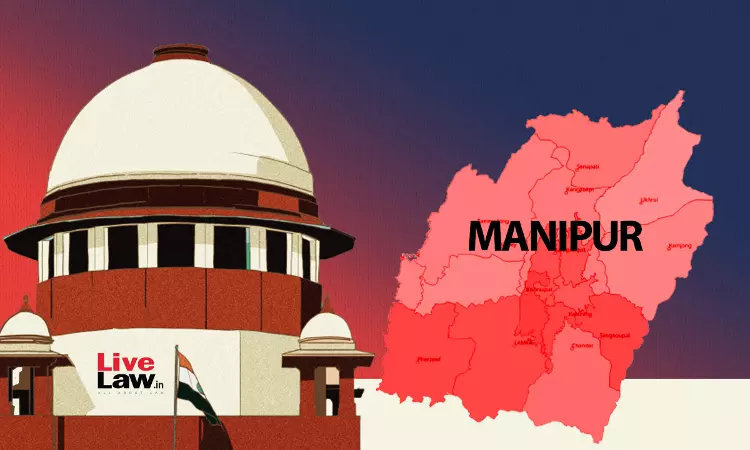Manipur Violence : Supreme Court Transfers CBI Cases To Assam For Pre-Trial Steps
Awstika Das
25 Aug 2023 11:42 AM IST

Next Story
25 Aug 2023 11:42 AM IST
The Supreme Court on Friday issued a slew of directions to transfer the sexual violence cases related to Manipur ethnic violence, which have been transferred to the Central Bureau of Investigation (CBI), to Assam, "bearing in mind the overall environment in Manipur, and the need for ensuring a fair process of criminal justice administration".The Court asked the Chief Justice of the Gauhati...
